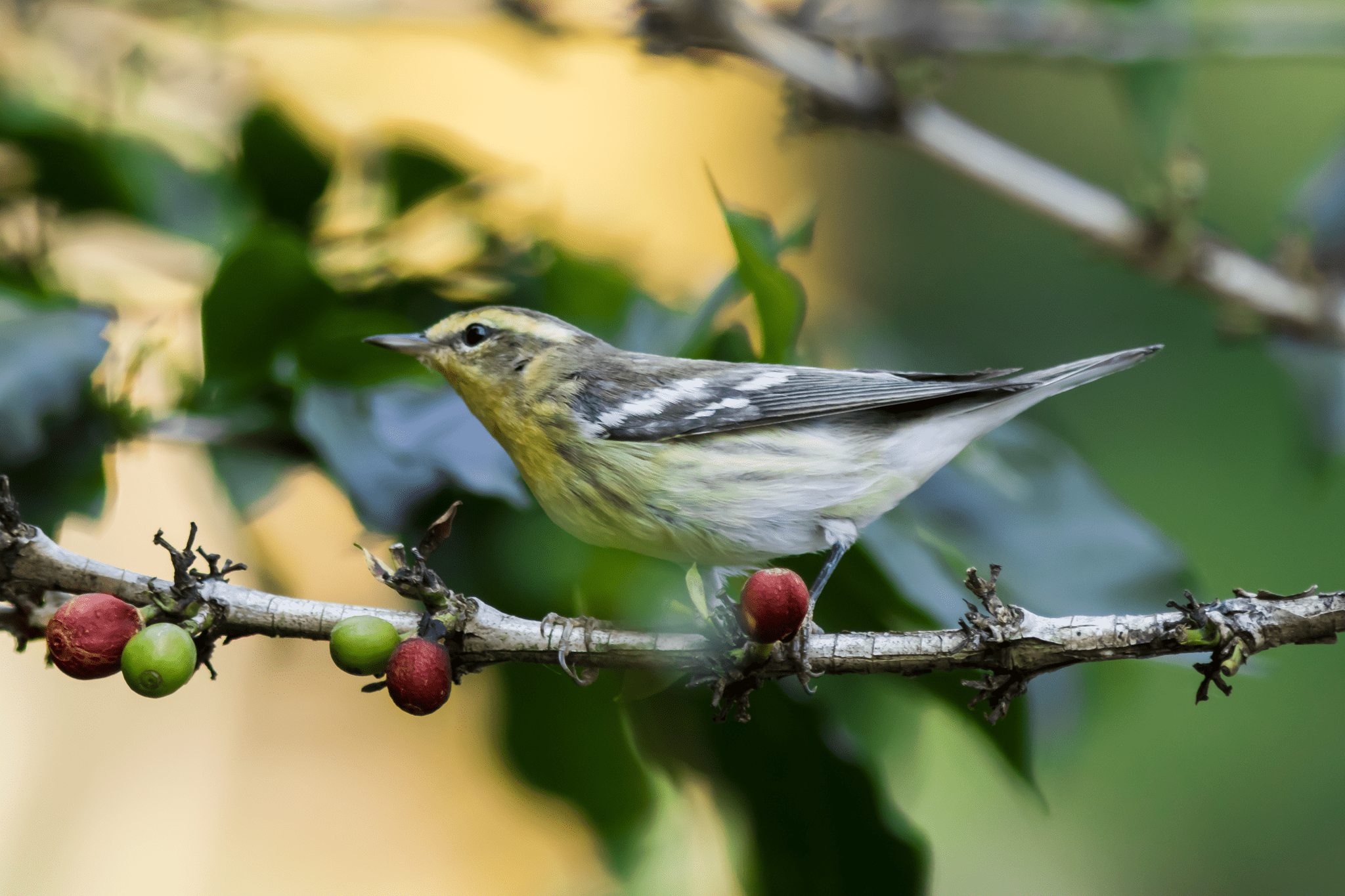
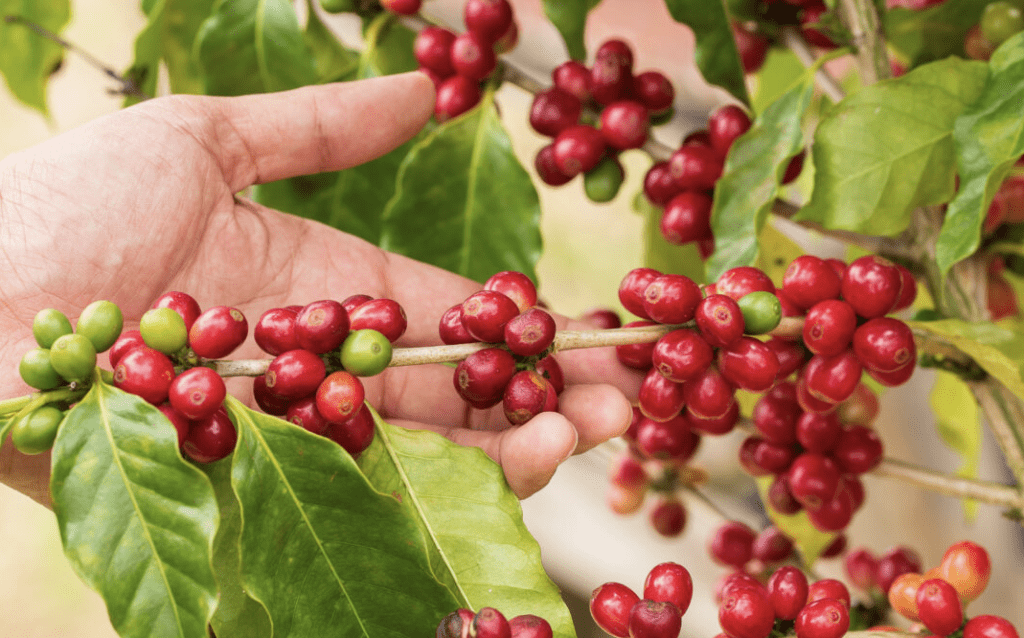
Coffee is the most traded agricultural product worldwide, with Americans alone drinking nearly 150 billion cups per year.
When coffee is produced, there are many behind-the-scenes processes. In fact, coffee trees can take between four and seven years to produce their first crop, and a single tree bears fruit for about twenty-five years. Once the coffee has grown, it is harvested, either by hand or with machinery
It is then processed which removes the outer fruit containing the green coffee beans. Processing is done with one of two methods, either using a combination of water and machinery for wet processing or the traditional process of drying the beans in the sun.
Finally, the coffee beans will be hulled, cleaned, and graded before they are ready to be exported and shipped worldwide. After shipment, the green coffee beans are roasted and packaged before being sent to their final destination.
But like any other industry, coffee production has an impact on the environment. Water Footprint Network says the global average water footprint of just one 125 ml cup of coffee is 140 l, which is equivalent to more than two eight-minute showers. And the environmental impact of coffee goes far beyond water use.
According to research from Britain’s Royal Botanic Gardens, climate change may be a threat to coffee. About sixty percent of wild coffee species are at risk of extinction due to climate change, deforestation around the world, and the increased severity of pests and fungal pathogens.
THE DEFINITION OF SUSTAINABILITY
The word “sustainability” is heard very often and its meaning has been changing slightly over the years. But when we talk about coffee and sustainability, we are actually considering what is known as the triple bottom line of responsibility: people, planet and profit.

In recent years, sustainability has become the buzzword, but the long-term social, environmental, and economic health of the coffee industry are very important considerations. The decline of biodiversity and the poverty in which coffee growers live are just some of the issues that are raised.
Sustainable development satisfies the needs of the present without putting future generations at risk. In other words, it is being responsible with the ways in which we use resources to ensure that our children and grandchildren have what they need to live comfortably.
VALUES THAT CHARACTERIZE SPECIALTY COFFEE
Specialty coffee uses renewable resources from each zone where it is grown, in an environmentally friendly manner.
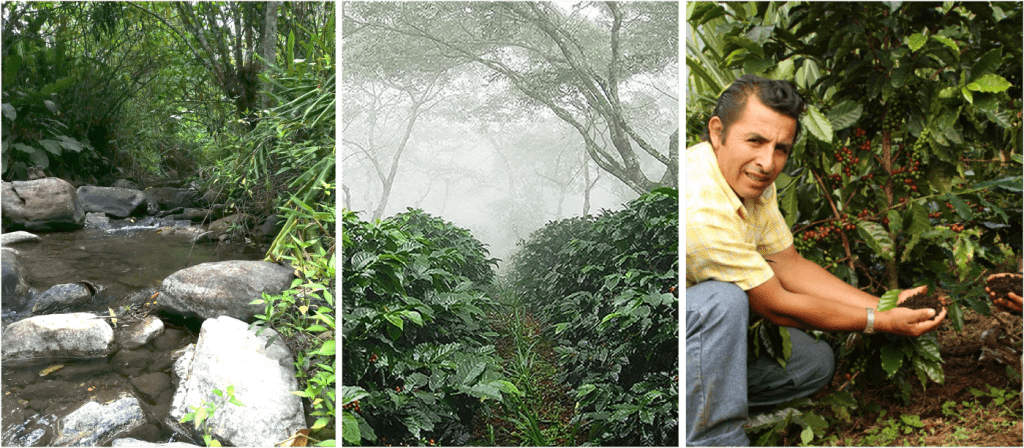
This coffee production is more sustainable by using more ethical practices for crop management and water use and avoiding pesticides by using pheromone boxes to keep insects away. Farmers following sustainable practices now compost coffee bean waste as fertilizer or use coffee husks instead of cutting down eucalyptus trees. Reforestation and shade cultivation are also becoming more widely used practices for more sustainable coffee farming.

The farms where coffee is grown are usually owned by small producers, which allows them to receive a higher price for a higher quality product, thus favoring a fairer trade. In other words, specialty coffee takes into account local businesses and the human capital that makes it possible. Hence, each coffee is different and authentic. This means that you are not only drinking a great coffee, but you are also witnessing the history behind it.
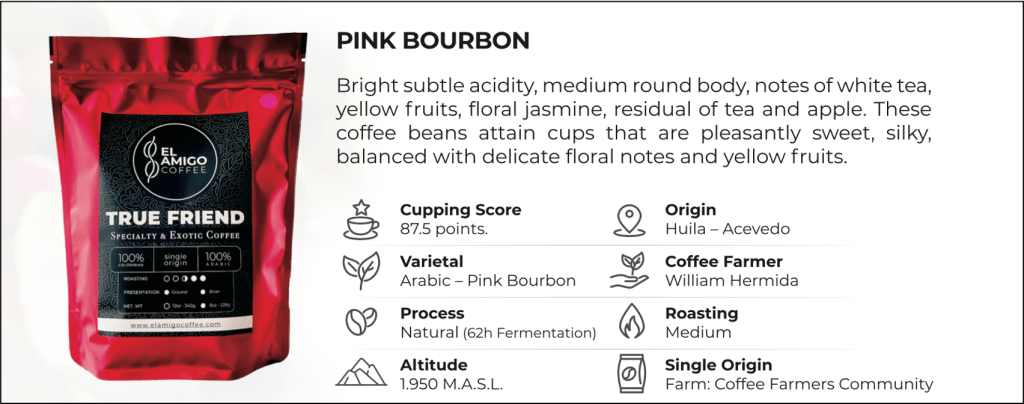
The life cycle of the product. Each cup is characterized by the identity of the coffee itself.
Currently, traceability is the sign of identity of a coffee produced with the method, with conscience, with the care of those coffees destined for the mass market, and without major concern.
Traceability stimulates producers to plan their production according to the conditions of the land, the climate, the altitude, and the varieties, monitoring the production processes in order to achieve a particular aromatic profile, unique to each production.
Most importantly, it establishes a relationship between the consumer and the producer. Traceability also allows consumers to choose a coffee based on the label that clearly describes what they are buying, according to their own preferences.
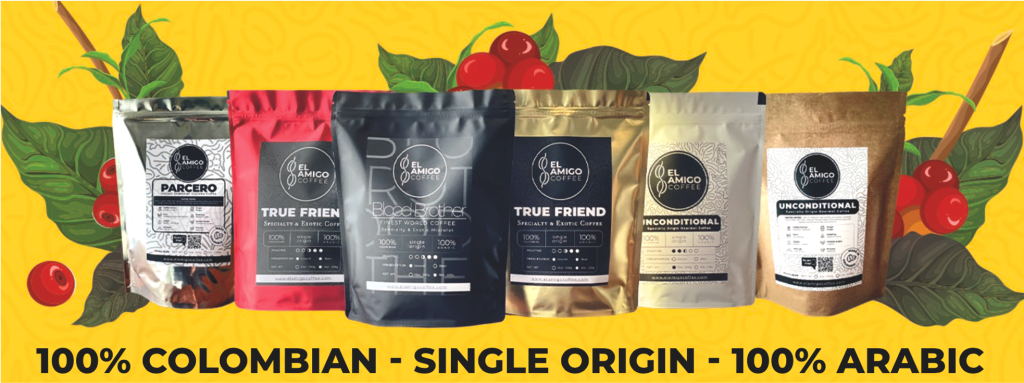
The beans must be harvested at their optimum point of maturity. It is harvested manually, choosing only the ripe cherries, and is dried with traditional processes without rushing the time.
Each coffee is roasted according to a profile that allows the extraction of its notes. For this reason, the roasting is less intense than the commercial roasting. The latter is more accentuated. It seeks to hide the defects of the beans by burning the coffee so that the bitterness prevails. However, the specialty coffee roaster focuses his roasting to enhance the unique notes and characteristics of each coffee bean.
“Specialty coffee is an opportunity to improve the coffee value chain and make a difference in the quality of life of the coffee grower. Not only does it allow you to choose the best lots, but also to obtain a better price for your coffee.”